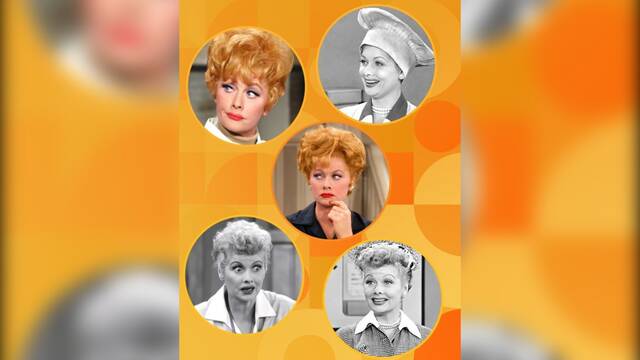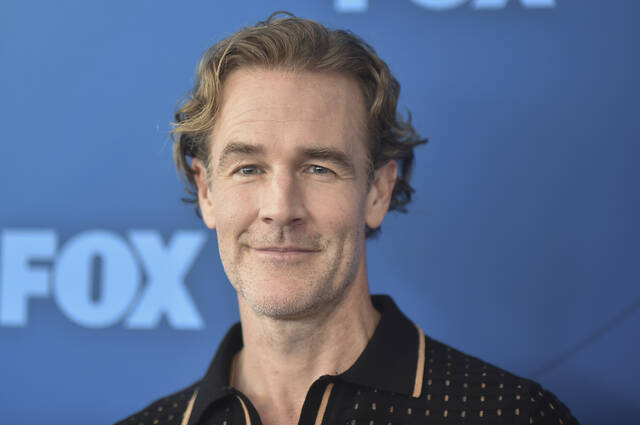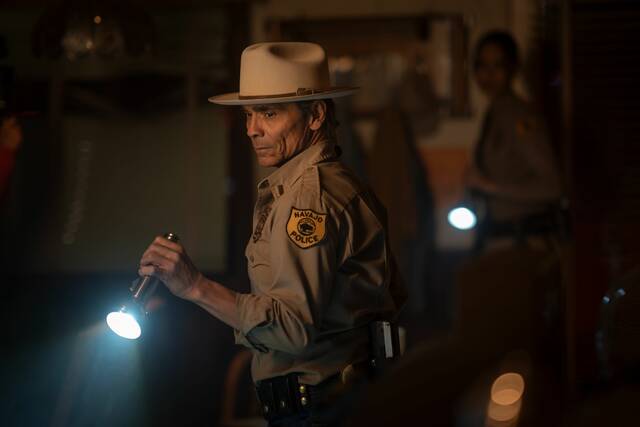Trib Total Media TV writer Rob Owen answers reader questions every Wednesday at TribLive.com in a column that also appears in the Sunday Tribune-Review.
Q: It seems that there is no actual TV season anymore, even by network. I wouldn’t take up your time with this, but I was recently at a gathering where the subject arose, and everyone was as confused as I am. Is there any rhyme or reason to when seasons for shows begin and end?
— Nancy, via email
Rob: Short answer: There is not.
Once upon a time, when there were only three broadcast channels, the TV season began in late September and ended in May. Broadcast networks still largely hew to that old construct, but they’ve also added a summer season largely centered around unscripted shows. Additionally, programs debuting on broadcast channels at “midseason,” from January through April, has been routine for at least four decades.
The addition of cable and streaming made the TV season situation more confusing.
Initially, cable networks debuted originals wherever they thought they could get a foothold, often when broadcast networks were in reruns. But now cable and streaming services simply debut new and returning programs year-round and ignore the September-May TV season that broadcasters still embrace.
Q: Crazy how only the women at KDKA-TV were too expensive, but Bob Pompeani and Ken Rice aren’t? I quit watching all mainstream media last year and this just reinforces my choice to do so. Substack forever.
— Donna, via email
Rob: When corporate-mandated layoffs happen, as in the case of Kym Gable and Lindsay Ward getting cut in August, stations often follow the path of least resistance, which usually means cutting those whom it is easiest to cut.
Gable, who always chose to work part-time, and Ward both posted that their contracts were up in September. KDKA could drop them with limited financial downside.
It’s possible there were some other elements in play as well – maybe how much each was making; perhaps they worked in time periods the station felt it could get by without them – but I do not believe they were targeted for their gender, particularly at a TV station with a woman, Julie Eisenman, as general manager. (Eisenman just promoted long-time assistant news director Cathy Nochese to news director.)
Recall, the last time we had anchors forced out at KDKA in 2020, it was Susan Koeppen and Rick Dayton who got the ax during a period when many KDKA personnel were working without contracts.
Q: Regarding WQED-TV as a non-commercial/educational station, maybe we view things differently, but I do see commercials on WQED before and after any show. Granted, they may be brief, but they are commercials.
— Ray, via email
Rob: What Ray is referring to is underwriting, brief mentions of companies that provide monetary support to defer the cost of public television programming. Those are not technically commercials.
Regardless of semantic quibbles, it doesn’t change the fact that WQED has a non-commercial/educational license.








